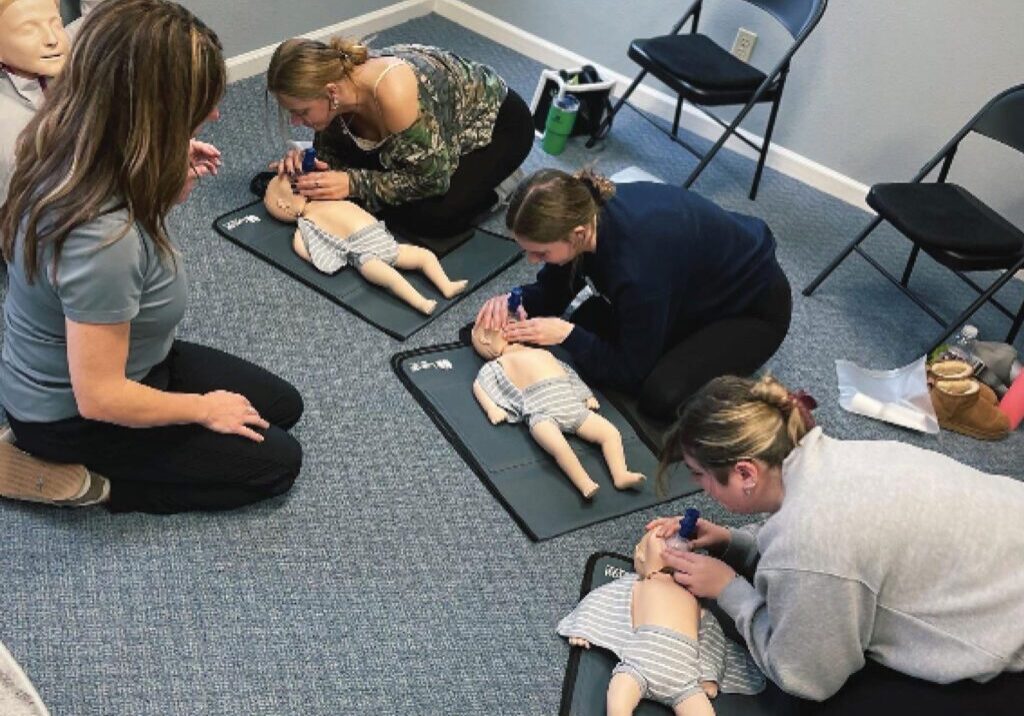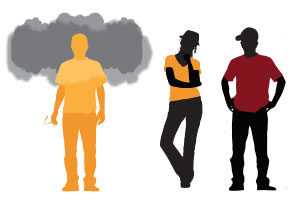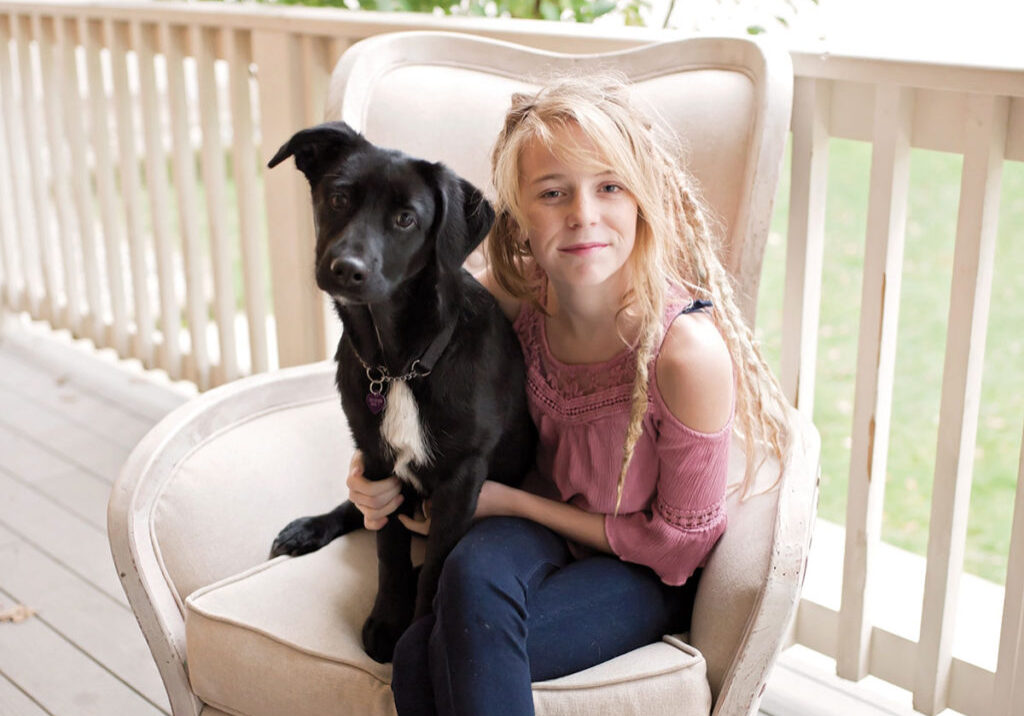 All parents want what is best for their children, but no one has all the answers. Take oral health for example. Over the last decade, oral health has become an important discussion in the health care community as there have been many studies linking oral health to overall health.
All parents want what is best for their children, but no one has all the answers. Take oral health for example. Over the last decade, oral health has become an important discussion in the health care community as there have been many studies linking oral health to overall health.
Like many areas of the body, a person’s mouth is teeming with bacteria – most of them harmless. Normally the body’s natural defenses and good oral health care, such as daily brushing and flossing, can keep these bacteria under control. However, without proper oral hygiene, bacteria can reach levels that might lead to oral infections, such as tooth decay and gum disease.
As a parent it is up to you to take your child’s oral health seriously. Here are some common myths to get you started in the right direction:
- It’s okay to share utensils and cups with your children while eating.
Almost every parent is guilty of it, but parents should always use a separate utensil or cup when eating with their child. Recent studies have shown young children getting cavities from mutans streptococcus (MS), a bacteria that can pass from person to person through the transfer of saliva, such as sharing utensils and cups. A 2008 study in Pediatric Dentistry pointed to mothers as the primary source of the MS colonization of their children. - Blowing on food is the best way to cool down your child’s meal.
Well, not if you are worried about their oral health. Similar to the myth above, this is another way the MS bacteria is transferred to their children’s mouths. - Sugar eats tooth enamel, causing cavities.
The true culprit is the acid produced by bacteria in the mouth, which convert sugar into enamel-eroding acid. Tooth enamel does not grow back, and once destroyed exposes sensitive dentine to decay. Cutting back on sugary foods provides less fuel for bacteria, and brushing and flossing regularly are vital to keep bacteria and cavity counts low. - Losing baby teeth to tooth decay is okay.
It is a common myth that losing baby teeth due to tooth decay is insignificant because baby teeth fall out anyway. Tooth decay in baby teeth can result in damage to the developing crowns of the permanent teeth growing below them. If baby teeth are lost prematurely, the permanent teeth may erupt mal-positioned and require orthodontics later on. - You don’t need to worry about cavities in baby teeth.
As mentioned above, baby teeth hold the space for permanent teeth. If cavities are left untreated in baby teeth, they can develop into serious pain and abscesses. Occasionally the infection can spread to other areas of the body, and in rare occasions can even result in death.
Posted in: Health & Nutrition
Comment Policy: All viewpoints are welcome, but comments should remain relevant. Personal attacks, profanity, and aggressive behavior are not allowed. No spam, advertising, or promoting of products/services. Please, only use your real name and limit the amount of links submitted in your comment.
You Might Also Like...

Learning To Cook Gives Kids Essential Life Skills
If you’re interested in getting Sasha, or Roberto, or Tyler to eat a more diverse, well rounded, more colorful, and therefore healthier diet, cooking is the thing to do. If […]

Shasta Community Maternity Center
A Warm Hug of Services The healthcare team at Shasta Community Maternity Center wants every woman to feel as though she’s wrapped in a warm hug of quality services each […]

Emergitek: First Responder Family Helps Others Respond Quickly and Skillfully
Being a first responder is synonymous with being “on the go” and if you add taking care of your family into the mix, the word “busy” takes on another meaning […]

Schools and Children with Food Allergies – How Schools and Parents Work Together
Kathy Olson, a mom and internist, recalls the day she brought in a special cake for the lunch table her son Isaak shared with the other “allergy boys” in his […]



